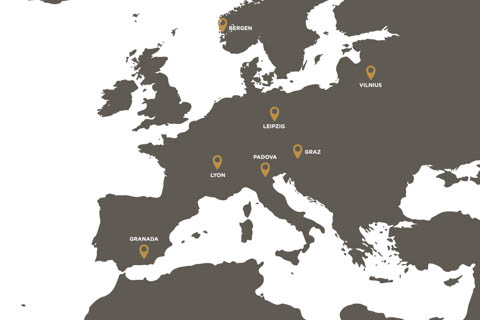Mathematics
Sukurta: 24 August 2015
| Faculty Mathematics and Informatics |
|
|
|
Scope of studies and length 120 ECTS credits, 2 years |
|
|
Qualification awarded Master in Mathematical Sciences |
|
|
Application deadline* 1 May / 1 July |
|
|
Language English |
|
|
Tuition fee per year* 6 000 € for non-EU students 5 538 € for EU students |
|
|
Start of studies
1 September
|
| City Vilnius |
*The tuition fee is aligned with the national standard tuition fee and is therefore subject to change.
The purpose of the Mathematics programme is to train qualified specialists who have an advanced knowledge of pure and applied mathematics and strong problem-solving skills, so that they can successfully tackle challenging scientific, industrial and economic problems. The graduates will be professionals in modelling and decision-making for different processes in industry and research.
Why choose this programme?
|
What comes after?
|


